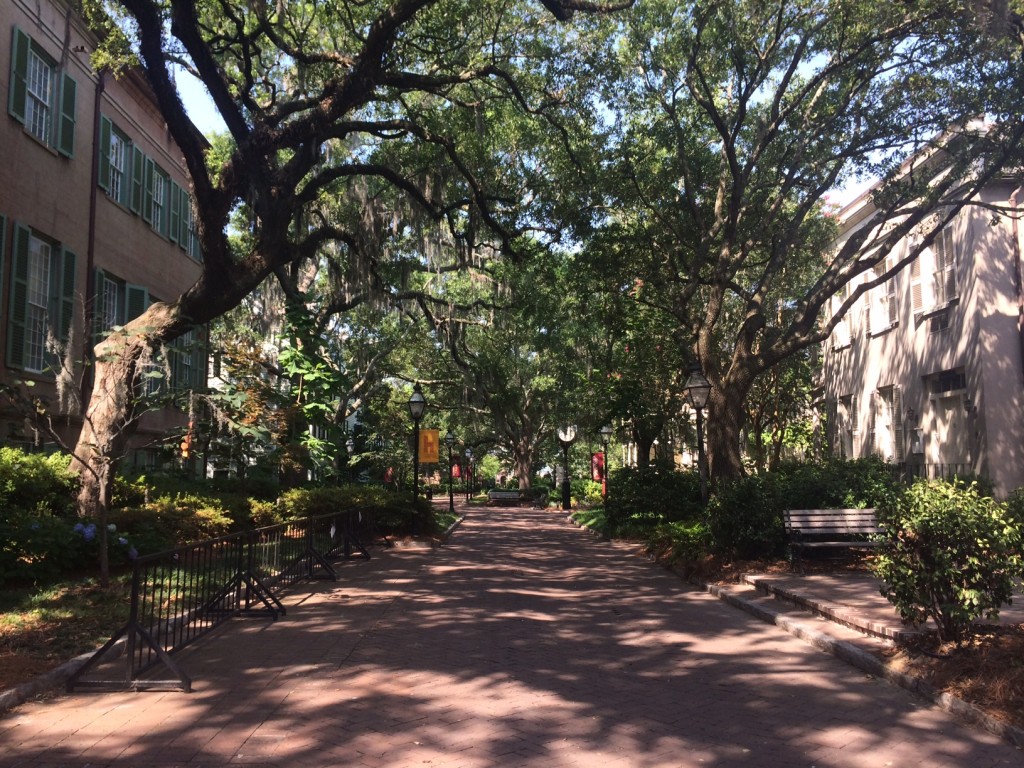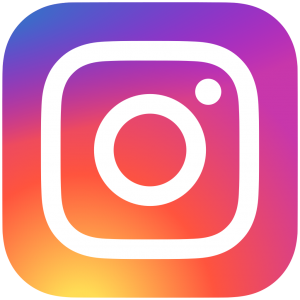This past weekend, Jan, Craig, and I attended (and presented at) Data Driven: Digital Humanities in the Library in Charleston, South Carolina. Similarly to when several team members attended the Society of North Carolina Archivists annual conference a few months ago, I thought it would be interesting to compare what the three of us thought of the conference. We each attended a different workshop, although we ended up in many of the same sessions over the course of the weekend.
Jan’s experience, in her own words:
Going to conferences with themes around things digital and archives can be dizzying. This conference had ideas galore but what struck me most was librarians and archivists deep commitment to making our collections accessible to a wide variety of users. As a group we’ve plunged into online descriptions and catalogs, charged ahead adding digital images, and now the call is to find ways to encourage creative reuse of digital materials. At Davidson, we’ve seen class reunions be very creative with photographs and old Davidsonians and are working with faculty and current students to extend their digital skills and bring new perspectives to Davidson history.
I came away energized by the wonderful projects being created at other colleges but also proud that Davidson is holding our own and that our projects – Student Letters, Under Lake Norman, Davidson Encyclopedia – energized other attendees. One area, in particular, is high on my to list –getting more access oral history collections (watch Around the D for more news on this in the future).
Like Jan, Craig expressed his satisfaction with the conference and the way that our own presentation went. The size of the conference was very manageable – Craig pointed out that roughly 85 attendees was ideal: “Enough people for lots of ideas but intimate enough to get to know people.” Craig attended the “From Theory to Action: A Pragmatic Approach to Digital Preservation Tools and Strategies” workshop, which was the result of an IMLS grant to encourage planning for digital preservation at small and medium-sized institutions. He expressed an interest in trying out the Duke Data Accessioner. Data curation and preservation was also the theme of one of Craig’s favorite presentations, Liz Milewicz from Duke University’s “Innovate and Curate? Helping Collaborative Digital Humanities Research Persist Beyond the Experiment.” Milewicz and Leslie Barnes advocate for faculty to think about preservation while creating data, and were able to boil down the data curation questions to five or six basics (Craig notes: “I should ask Liz for the questions”). Another talk that inspired the Davidson team was Thea Lindquist, Holley Long, and Alexander Watkins of the University of Colorado Boulder’s “Supporting Digital Humanists: Taking a Data-Driven Approach to Needs Assessment and Service Design,” which focused on how the Colorado Boulder team sought to discover the state of digital humanities both on their own campus, and in similar institutions by using a variety of methods (environmental scan, a campus scan, campus-wide survey, targeted in-depth interviews, and a symposium). Craig says:
Wow. This is library service/innovation planning as it should be. They really mapped out a plan, stuck to it and did it in a timely manner. Did it all in 9 months including a 50+ page report/recommendations. I really hope they post their survey instrument on DH interest and needs. I need to further investigate NVIVO coding software for quantifying data.
Like Craig, I really enjoyed the talk given by the University of Colorado Boulder team. I thought their characterization of three groups on their campus that should be reached out to – “the usual suspects,” or those already heavily engaged in DH; “the unknowns,” people working with DH, but not with the library; and “DH interested,” those who interested but not yet engaged – would translate well to similar studies on other campuses (like our own). As several of us around Davidson begin to plan this fall’s THATCamp Piedmont, hearing a bit about about Colorado Boulder’s dh+CU symposium and attending CURATEcamp at this conference gave me some ideas for possible sessions.
In addition to what’s already been mentioned, I particularly enjoyed both of Brian Rosenblum Kansas University Libraries’ talks – “The University of Kansas Institute for Digital Research in the Humanities: A Model for Library/Campus Collaboration in Supporting Digital Humanities,” and as part of the “Teaching Digital Humanities in the Library” session. I was particularly intrigued by his nice summation of DH librarians as “nodes,” whose main job duty is to centralize digital activities on campus and push them forward, and the assignment Rosenblum gave to a graduate course, to read Stephen Ramsay’s “The Hermeneutics of Screwing Around; Or What You Do With a Million Books,” and then well, screw around themselves.
Finally, like most of those following the conference hashtag on Twitter, I thoroughly enjoyed Trevor Munoz‘s keynote, “Data Driven but How Do We Steer This Thing?” The talk left me with a long reading list, but feeling excited and inspired about the possibilities (while more aware than ever of some of the pitfalls) for librarians working in and with digital humanities. Overall, all three of the Davidson attendees felt like we got a lot out of Data Driven, and would love to see the conference become an annual one.


Speak Your Mind